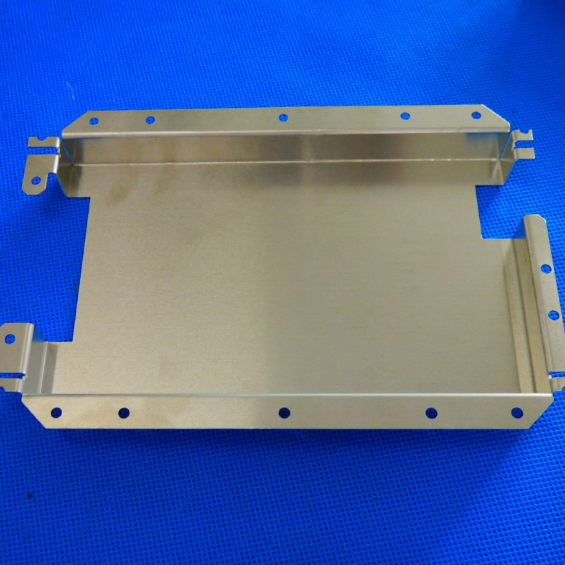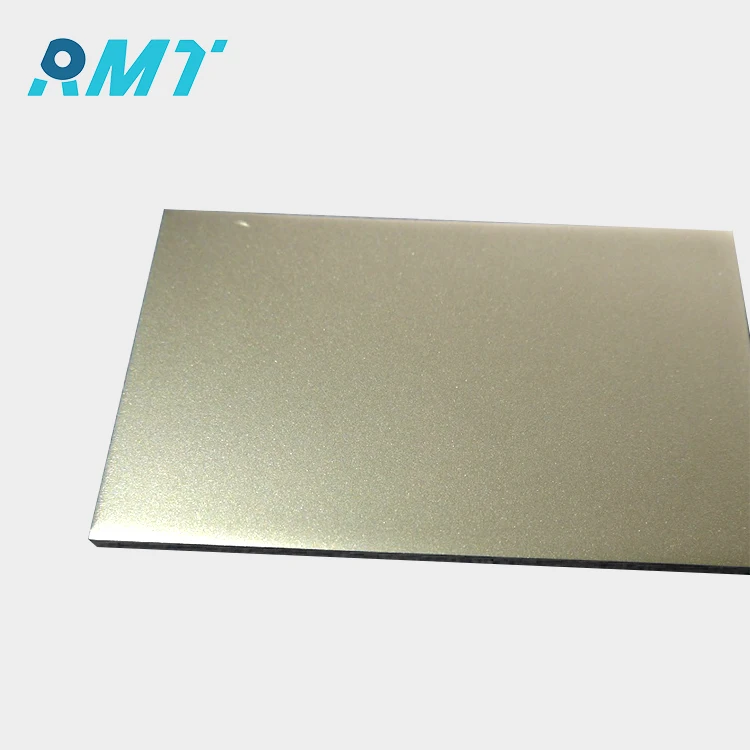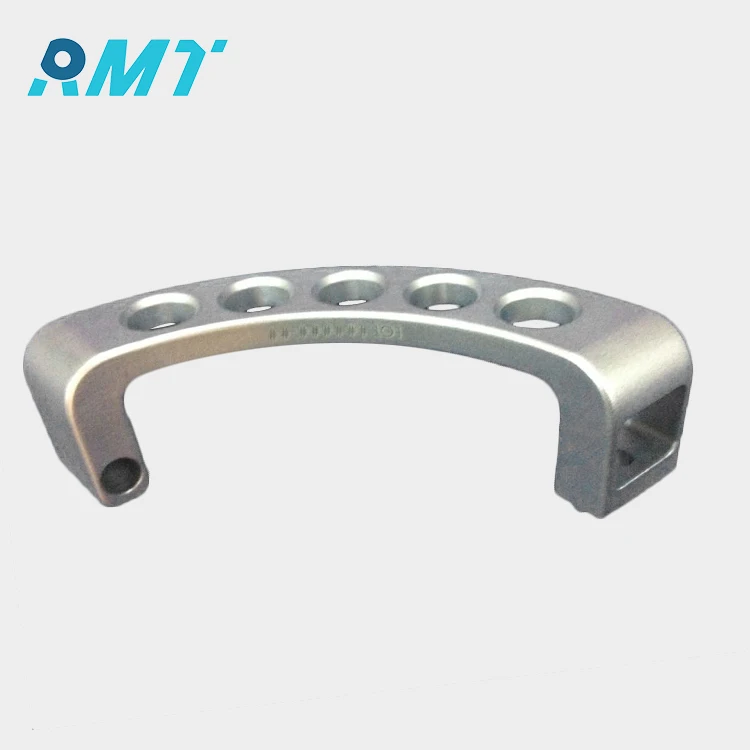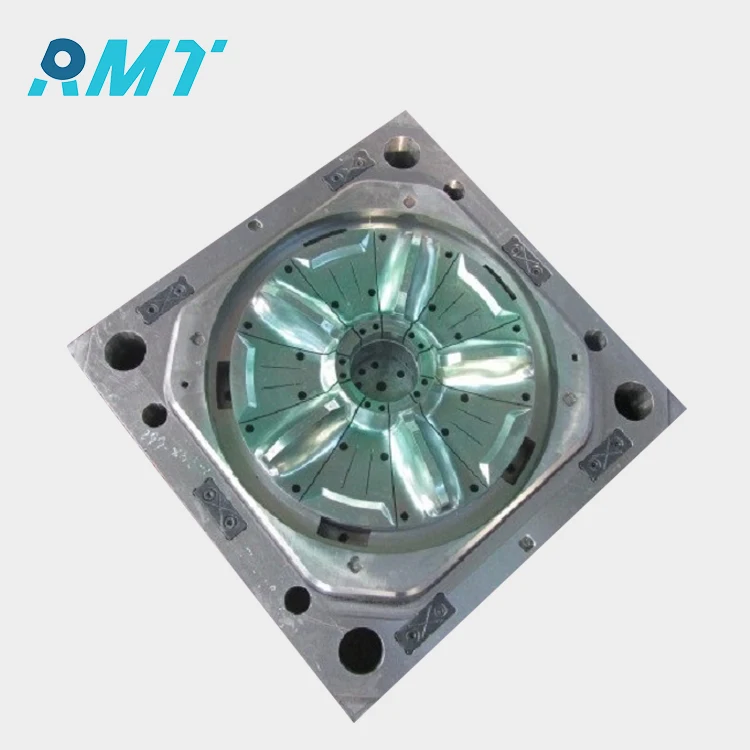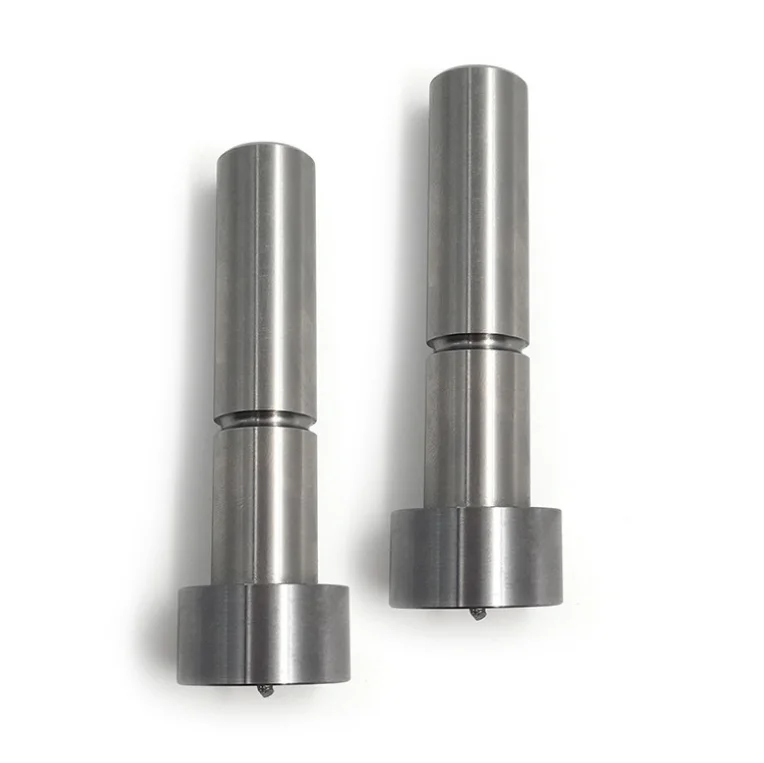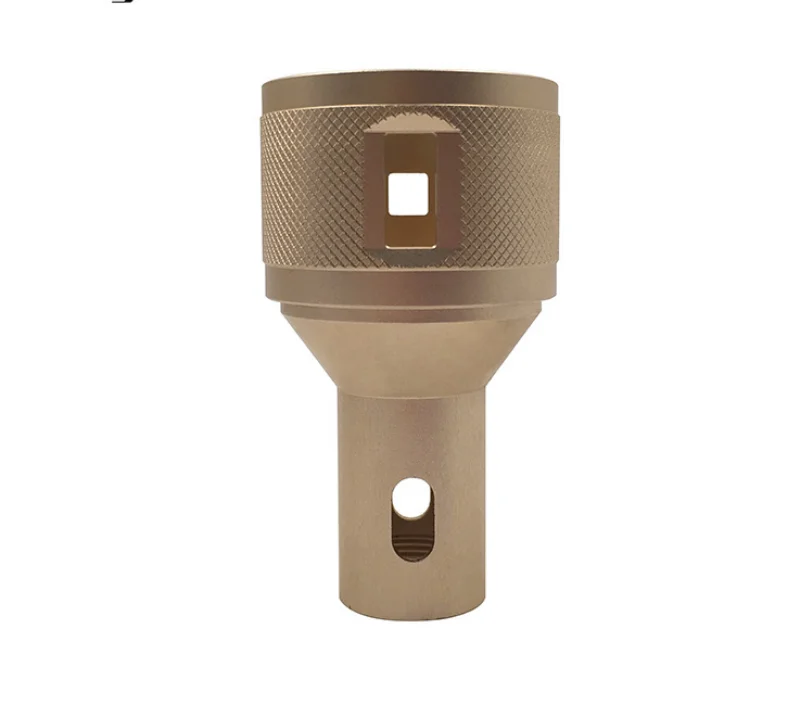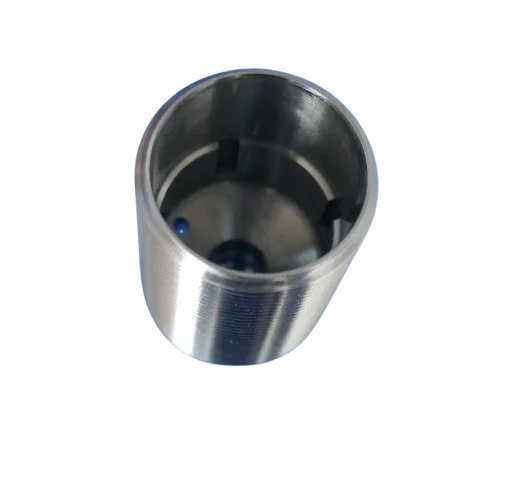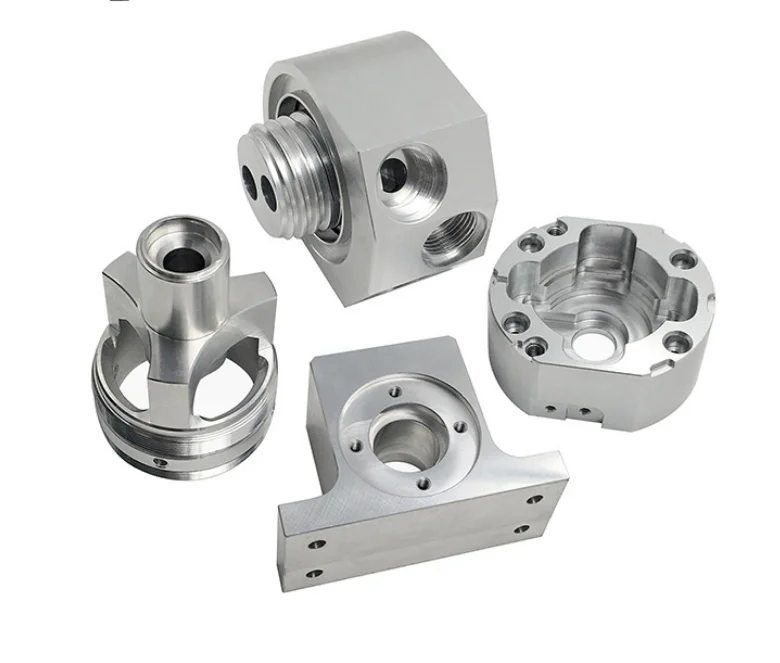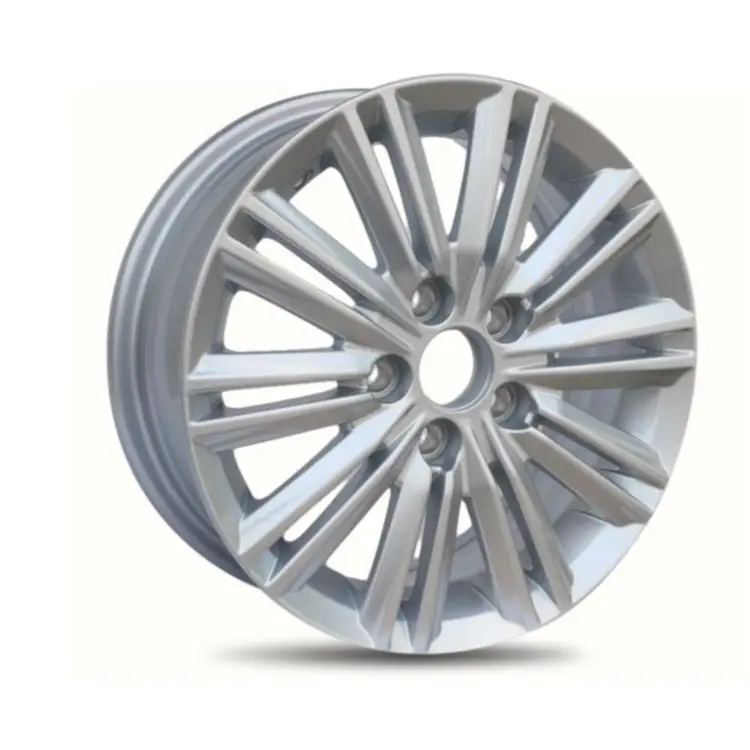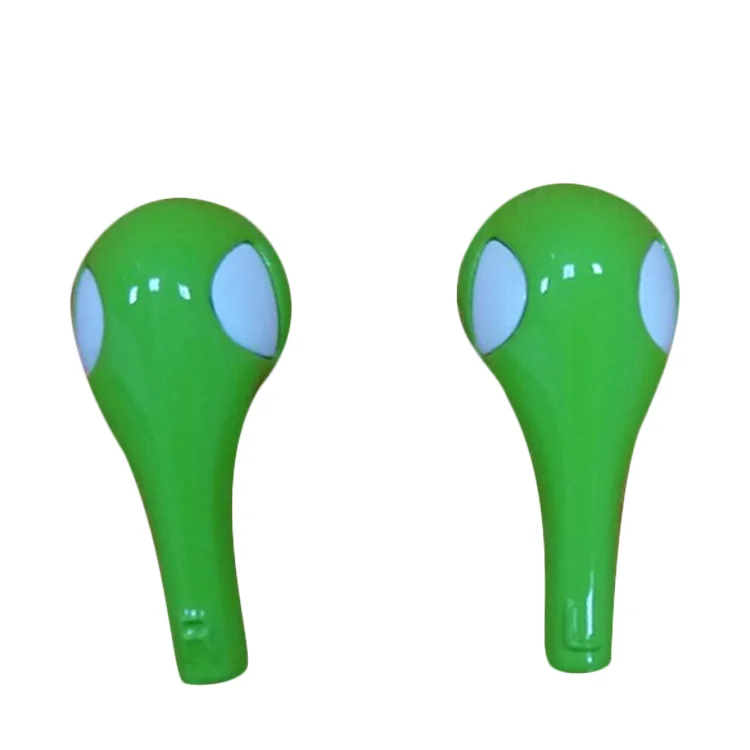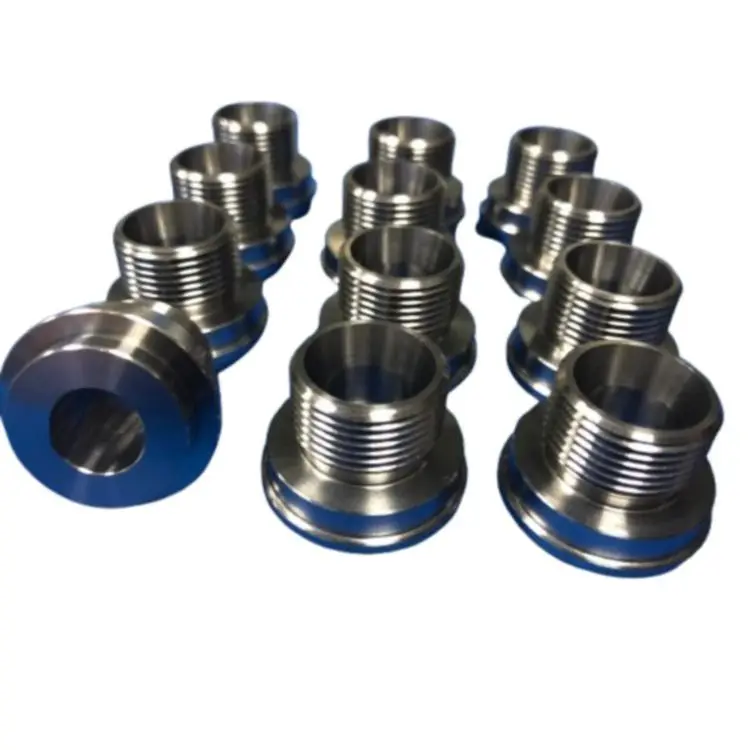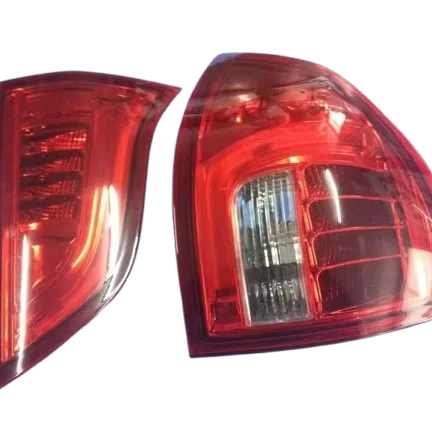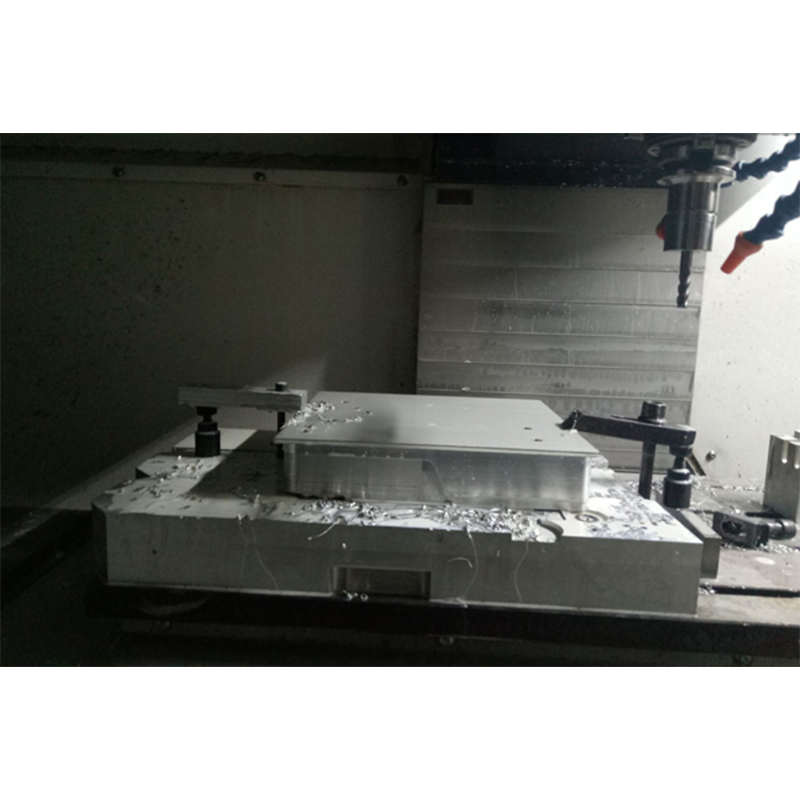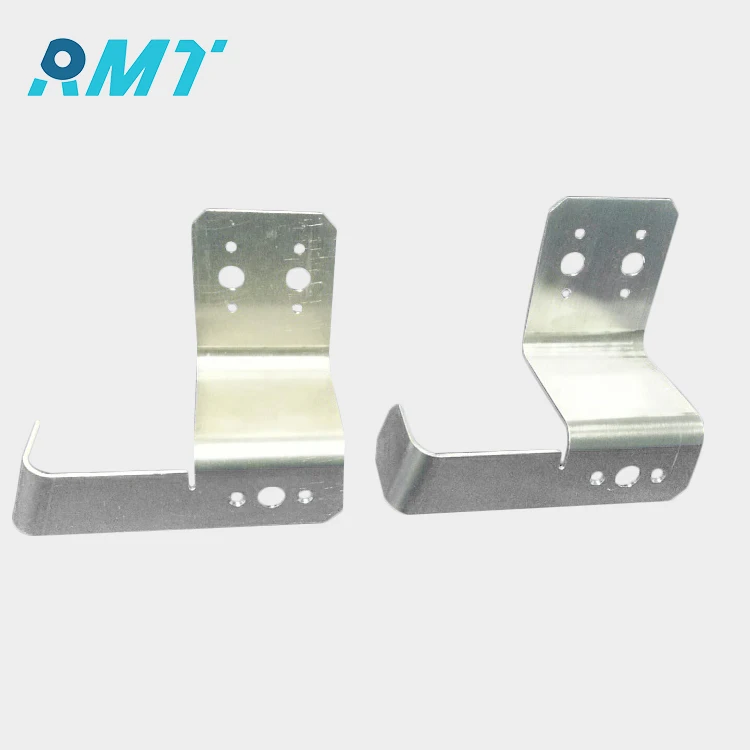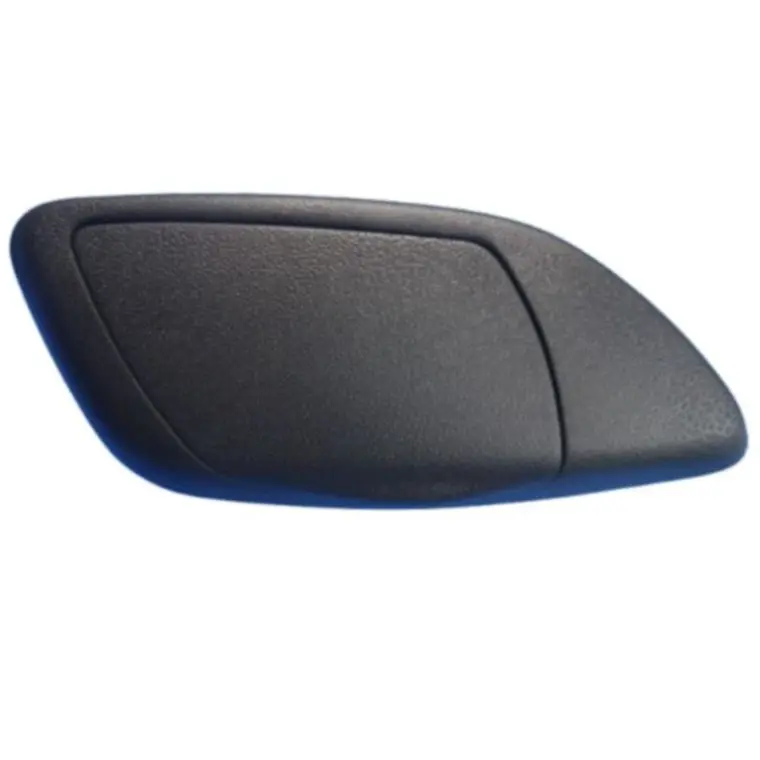프로젝트에 적합한 정밀 시트 금속 가공업체 선택 방법
정밀 시트 금속 가공 이해하기
정밀 시트 금속 가공은 복잡하고 정교한 금속 부품을 만드는 데 중요한 역할을 하는 고급 제조 공정입니다. 이는 시트 금속을 정밀하게 절단하고, 구부리고, 조립하여 정확한 사양을 충족하는 구성 요소를 생산하는 과정을 포함합니다. 이 기술은 높은 정확도, 내구성 및 미적 품질로 부품을 생산할 수 있는 능력 덕분에 다양한 산업에서 기본적이며, 고품질 제품 제조에 필수적입니다.
항공우주, 자동차, 통신 및 전자 등 여러 산업은 정밀 판금 가공에 의존하고 있습니다. 예를 들어, 항공우주 부문은 이 과정을 사용하여 필수 구성 요소를 제작하며, 이는 2026년까지 약 8380억 달러에 이를 것으로 예상되는 산업의 성장에 기여하고 있습니다. 마찬가지로, 자동차 산업은 자동차 차체와 전자 인클로저를 생산하는 데 있어 이 가공 방법의 정밀성과 효율성의 혜택을 보고 있습니다. 통신 네트워크의 세계화와 전자 기기의 확산은 정밀 판금 가공의 중요성을 더욱 강조하며, 이는 고급 및 견고한 인프라 구성 요소의 제작을 지원합니다.
정밀 판금 가공의 기술
정밀 시트 금속 가공은 여러 가지 고급 기술을 포함하며, 그 중 하나가 CNC(컴퓨터 수치 제어) 가공입니다. CNC 가공은 제조 공정에서 정밀도와 반복성을 향상시킵니다. 이 방법은 컴퓨터 시스템을 사용하여 기계 도구를 제어하여 높은 정확도로 일관된 생산을 보장합니다. 산업 보고서에 따르면, CNC 가공은 0.0005인치와 같은 엄격한 공차를 달성할 수 있어 고품질 금속 가공에 이상적입니다.
레이저 절단 기술은 정밀 시트 금속 가공의 또 다른 핵심 요소입니다. 레이저 절단은 고출력 레이저 빔을 사용하여 금속 시트를 뛰어난 정밀도와 효율성으로 절단합니다. 전통적인 절단 방법과 비교할 때, 레이저 절단은 20배 더 빠르며 재료 낭비를 줄이고 열로 인한 손상을 최소화합니다. 이러한 효율성 덕분에 레이저 절단은 다양한 응용 분야를 위한 복잡하고 세밀한 부품을 생산하는 데 없어서는 안 될 도구가 됩니다.
용접은 판금 가공에서 중요한 기술로, TIG(텅스텐 비활성 가스)와 MIG(금속 비활성 가스) 용접이 가장 일반적인 방법입니다. TIG 용접은 정밀성과 제어가 뛰어나 얇은 두께의 금속 및 고품질의 깨끗한 용접이 필요한 응용 분야에 적합합니다. 반면, MIG 용접은 더 빠르고 두꺼운 재료 및 대규모 생산에 더 적합합니다. 적절한 용접 방법을 선택하는 것은 사용되는 특정 재료와 최종 제품의 요구 사항에 따라 달라집니다. 이러한 기술은 다양한 산업 요구를 충족하는 정밀 판금 가공의 다재다능성과 적응성을 강조합니다.
적절한 정밀 판금 가공업체 선택하기
정밀 시트 금속 가공업체를 선택하는 것은 그들의 경험과 전문성을 신중하게 고려해야 합니다. 사업 연수와 같은 평가 기준을 살펴보는 것은 좋은 시작입니다; 업계에서 20년 이상의 경력을 가진 업체는 일반적으로 입증된 실적을 가지고 있습니다. 또한, 사례 연구를 검토하면 귀하의 프로젝트와 유사한 프로젝트를 처리할 수 있는 능력에 대한 통찰력을 제공할 수 있으며, 고객 추천서는 그들의 신뢰성과 고객 서비스에 대한 엿볼 수 있는 기회를 제공합니다. 이러한 요소들은 종합적으로 가공업체가 특정 비즈니스 요구 사항을 충족할 수 있는 능력을 평가하는 데 도움이 됩니다.
품질 보증은 제작자를 선택할 때 또 다른 중요한 측면입니다. ISO 9001 인증과 같은 강력한 품질 보증 프로세스를 구현하는 제작자는 신뢰를 크게 향상시킬 수 있습니다. ISO 9001 인증은 생산에서 높은 기준을 유지하겠다는 약속을 나타내며, 제품이 고객 및 규제 요구 사항을 일관되게 충족하도록 보장합니다. 이러한 수준의 품질 관리는 결함을 최소화하고 일관된 품질을 통해 만족을 제공합니다.
현대 기계와 최첨단 기술은 판금 가공에서 정밀성과 효율성을 보장하는 데 필수적입니다. 고급 CNC 기계와 레이저 절단기로 장비를 갖춘 가공업체는 높은 정밀도를 제공하여 자재 낭비와 인적 오류를 줄일 수 있습니다. 이는 복잡하고 세밀한 부품의 생산을 보장할 뿐만 아니라 생산 효율성을 최적화하여 더 빠른 전환 시간과 비용 효율성을 가져옵니다. 따라서 기업은 최상의 결과를 달성하기 위해 현대 기술을 배치하는 데 강한 중점을 두는 가공업체를 우선시해야 합니다.
고려 해야 할 핵심 요인
정밀 판금 가공에 있어 재료 선택은 최종 제품의 내구성과 기능성에 영향을 미치는 중요한 요소입니다. 각 재료는 다양한 응용 분야에 맞춘 특정 기계적, 열적 및 화학적 특성을 가지고 있습니다. 예를 들어, 알루미늄은 경량 부품에 선호되는 반면, 강철은 강력한 강도로 선택됩니다. 또한, 재료의 가용성과 비용은 프로젝트 일정과 예산에 영향을 미칠 수 있으므로 신중한 고려가 필요합니다.
제조 용이성(DFM) 원칙은 운영 효율성을 향상시키고 생산 비용을 최소화하는 데 중요한 역할을 합니다. 제조 가능성을 염두에 두고 구성 요소를 설계함으로써 엔지니어는 설계 단계에서 잠재적인 제조 문제를 조기에 완화할 수 있습니다. 이 접근 방식은 설계가 생산에 실용적이고 비용 효율적이도록 하여 재료 사용을 최적화하고 조립을 단순화하며 폐기물을 줄이는 것을 보장합니다.
프로젝트를 위한 제작자를 선택할 때 턴어라운드 타임과 생산 능력은 중요한 요소입니다. 제작자가 마감일을 준수할 수 있는 능력은 프로젝트 일정에 상당한 영향을 미칠 수 있습니다. 또한, 그들의 생산 능력은 소규모 및 대규모 프로젝트를 얼마나 잘 처리할 수 있는지를 결정하며, 이는 확장성에 영향을 미칩니다. 제작자가 현대적인 기계로 장비가 갖춰져 있는지 확인하는 것은 정밀도를 높이고 효율성을 개선하여 프로젝트가 원활하게 진행되고 품질 기준을 충족하도록 보장할 수 있습니다.
주요 제작자들의 인기 제품
주요 제작자들은 자동차 차체 작업에서 항공 우주 부품에 이르기까지 수많은 산업에서 사용되는 인기 있는 판금 부품을 지속적으로 생산합니다. 이러한 부품은 의료 기기 및 전자 인클로저와 같은 응용 분야에서 필수적인 정밀성과 신뢰성을 갖추고 있습니다. 예를 들어, 자동차 부문에서 판금 제작은 섀시 및 브래킷과 같은 내구성 있는 부품을 생산하는 데 중요합니다.
고정밀 CNC 가공의 맞춤화 기능은 제작자가 전문화된 판금 굽힘 서비스를 제공할 수 있게 합니다. 이러한 정밀성은 알루미늄 합금 컴퓨터 케이스와 관련된 프로젝트에서 입증되며, 각 케이스는 특정 고객 요구 사항을 충족하도록 세심하게 제작되어 복잡한 컴퓨팅 시스템에서 열 관리 및 구조적 무결성을 향상시켜 상당한 가치를 더합니다.
CNC로 제조된 기계 부품 및 액세서리의 맞춤형 생산 가공은 다양한 산업의 대형 조립체에서 중요한 역할을 합니다. 이러한 부품은 CNC 밀링 및 선반 가공과 같은 엄격한 과정을 거쳐 각 부품이 조립체의 전반적인 기능성과 내구성에 기여하도록 보장합니다. 예를 들어, 의료 기기에 사용되는 액세서리는 엄격한 규제 기준을 충족하기 위해 높은 정밀도가 종종 요구됩니다.
맞춤형 가공에 대한 수요, 특히 긴 도어 잠금 부품과 같은 제품을 위한 스테인리스 스틸 스탬핑은 강력하고 신뢰할 수 있는 보안 솔루션에 대한 광범위한 시장의 필요성을 반영합니다. 제작자들은 고급 스탬핑 기술을 사용하여 장기 사용을 견디면서도 우수한 성능을 보장하는 부품을 생산함으로써 이 수요에 대응합니다.
다양한 맞춤형 판금 제품이 제공되어 서로 다른 분야의 고유한 요구를 충족합니다. 이러한 다양성은 경량 및 강력한 구성 요소를 요구하는 항공 우주 산업과 같은 산업이 정확한 사양에 맞는 맞춤형 부품을 활용할 수 있게 합니다. 특정 산업의 요구를 충족함으로써 제작자들은 금속 제품의 적응성과 적용 범위를 향상시킵니다.
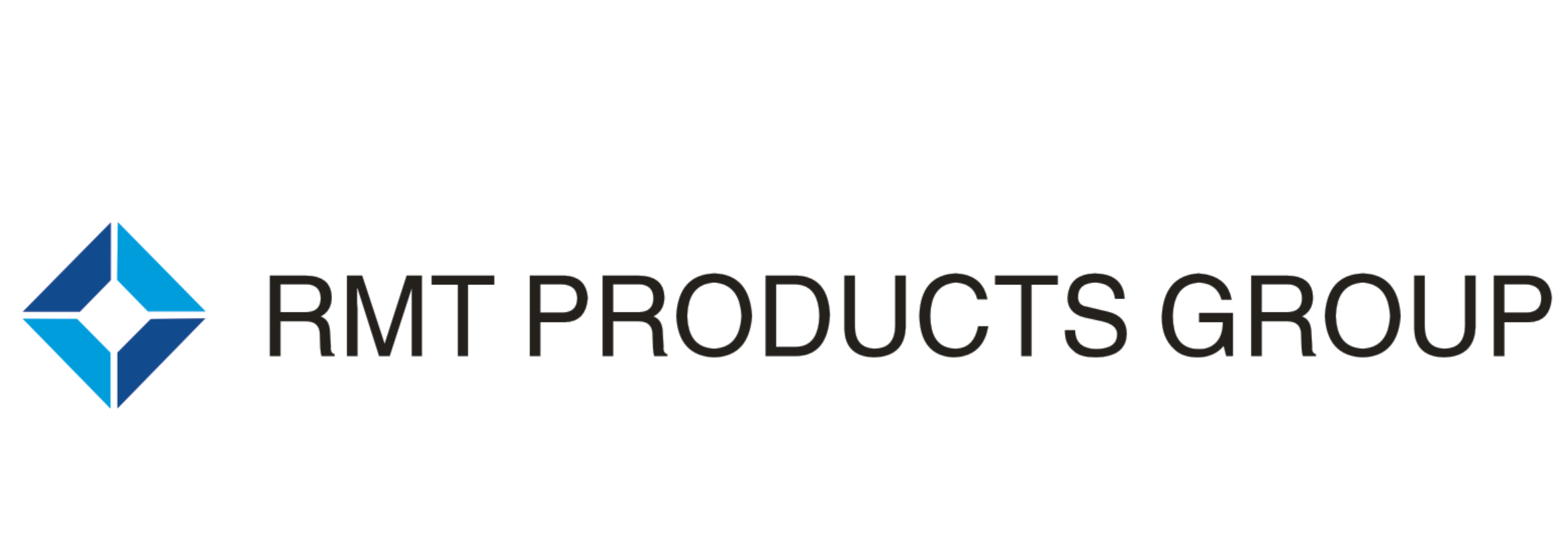
 EN
EN
 AR
AR
 BG
BG
 HR
HR
 CS
CS
 DA
DA
 NL
NL
 FI
FI
 FR
FR
 DE
DE
 EL
EL
 IT
IT
 JA
JA
 KO
KO
 NO
NO
 PL
PL
 PT
PT
 RO
RO
 RU
RU
 ES
ES
 SV
SV
 IW
IW
 LV
LV
 SR
SR
 SK
SK
 UK
UK
 GL
GL
 HU
HU
 TH
TH
 TR
TR
 FA
FA
 GA
GA
 CY
CY
 EU
EU
 BN
BN
 BS
BS
 LA
LA
 NE
NE
 SO
SO
 KK
KK
